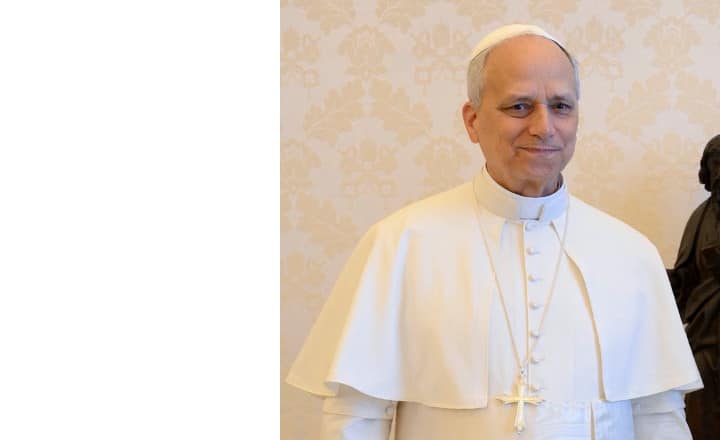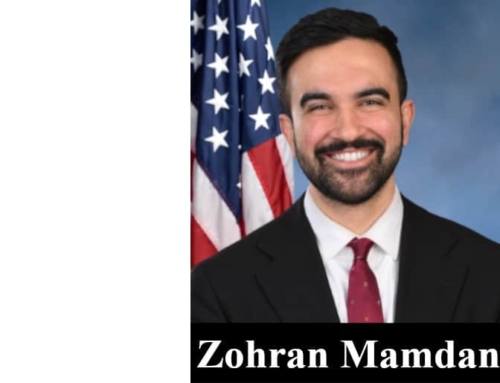Last week, Pope Leo XIV addressed Catholic teachers, making plain that his idea of education transcends the ABC’s. He implored them to “dedicate yourselves to the formation of the young with enthusiasm, fidelity and a spirit of sacrifice.”
He specifically spoke to the issue of values. “What, in the world of youth today, are the most urgent challenges to be faced? What values are to be promoted?”
From a Catholic perspective, the values that young people adopt must be grounded in obligations to others. This is difficult these days given the cultural emphasis on self-absorption. Indeed, focusing “on the other” is a radical idea in many parts of the world.
The Holy Father nicely summarizes the challenges that await young people. “Think of the isolation caused by rampant relational models increasingly marked by superficiality, individualism and emotional instability; the spread of patterns of thought weakened by relativism; and the prevalence of rhythms and lifestyles in which there is not enough room for listening, reflection and dialogue, at school, in the family, and sometimes among peers themselves, with consequent loneliness.”
In sounding the alarms over individualism and relativism, Leo sounds more like Saint John Paul II and Pope Benedict XVI than Pope Francis. His statement comes at a time when parents are struggling with the allure that technology has for their children.
A new study of young people and their parents found that “Two-thirds (67%) of parents fear they’re losing precious moments with their children due to screen addiction.” Indeed, parents spend almost 100 hours fighting with their kids over screen time every year. It is so bad that 41 percent of moms and dads are afraid they’re “losing their little ones’ childhood to technology completely.”
Screen addiction is isolating, resulting in the loneliness that Leo warns about. Social media may bind some people together, but it also causes much consternation, especially for girls.
There needs to be a national discussion about this issue. Unless parents and teachers pay as much attention to character formation as they do standard pedagogical concerns, they are doing young people a disservice.
Stanford University professor William Damon faults the public schools for their refusal to provide for citizenship education. He notes that the Obama administration “closed down the Department of Education’s character education desk as soon as it took office.”
This was a very serious attack on young people. “Although most parents would like to see schools impart values such as honesty and responsibility to their children,” Damon writes, “character education in public education has been hindered by progressive resistance to instruction that makes claims about right and wrong in the face of cultural variation (even when such claims focus on values such as truth and obligation that virtually all cultures respect).”
What Pope Leo XIV told Catholic teachers needs a much bigger audience. All students, in every school, public, private or parochial, need character formation. An educated, but virtue starved, student is no asset to society.









